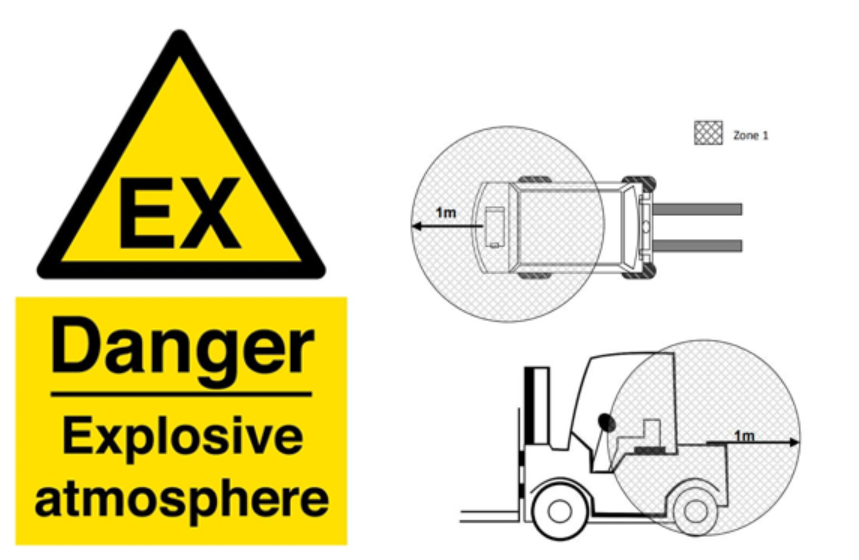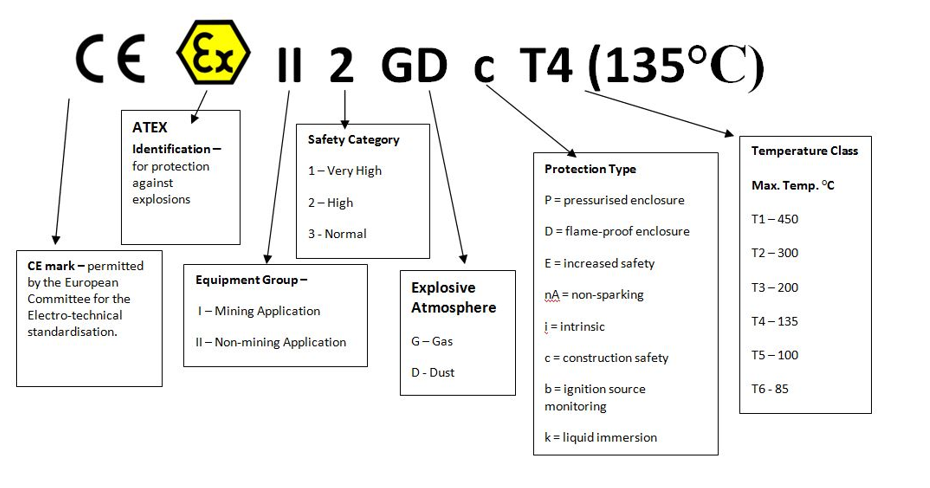Need some advice?
Leave your details and we will get in touch.
I want to be contacted by an expert1 /
The Dangerous Substances and Explosive Atmospheres Regulations (DSEAR) set minimum requirements for the protection of workers from fire and explosion risks related to dangerous substances and potentially explosive atmospheres, and also from gases under pressure and substances corrosive to metals. Employers have a legal duty under DSEAR to control the risks to the safety of employees and others from these hazards.

DSEAR compliance is essential for rail companies that handle dangerous substances and operate in environments where explosive atmospheres may occur. By carrying out risk assessments, implementing appropriate measures, and providing appropriate training and awareness-raising, rail companies can ensure the safety of their staff, contractors, customers, and the wider public.
To comply with DSEAR, rail companies must carry out a risk assessment to identify the hazards associated with the substances they handle and the environments they operate in. This risk assessment must consider factors such as the properties of the substances, the likelihood of an explosive atmosphere occurring, and the potential consequences of an incident.
Typical types of activities undertaken in the rail sector that can present a hazard which falls under the scope of DSEAR include:
Once the risk assessment has been carried out, rail companies must then take appropriate measures to eliminate or control the risks identified. This may involve measures such as replacing dangerous substances with less hazardous alternatives, implementing procedures to prevent the formation of explosive atmospheres, mitigate against ignition and providing appropriate training and equipment for staff.
DSEAR compliance in the rail sector may involve the assignment of ATEX hazardous area classifications. This involves dividing areas where dangerous substances are handled or stored and assigning a “zone” and mark them using the appropriate warning signs.

Another important aspect of DSEAR compliance is the use of ATEX equipment. ATEX is the name commonly given to the two European Directives for controlling explosive atmospheres. ATEX equipment is designed to be safe for use in environments where explosive atmospheres may occur, and is subject to strict regulations to ensure its safety and reliability. Rail companies must ensure that any equipment used in potentially explosive atmospheres is ATEX certified, appropriate for the designated ATEX hazardous area zone classification and properly maintained.

Rail companies must ensure that they have policies and procedures to ensure all staff are aware of the risks associated with the substances they handle and the environments they operate in and are trained to take appropriate measures to prevent incidents and respond to emergencies. For example, employees who handle flammable liquids and gases must receive training on the safe handling and storage of these substances, the use of personal protective equipment, and emergency response procedures. Similarly, employees who operate electric vehicles or charging points must receive appropriate training on the safe use of batteries and charging equipment.
SOCOTEC UK can support with DSEAR needs by providing comprehensive risk assessments, advising on suitable control measures, offering training and awareness programmes, and conducting regular monitoring and testing to ensure compliance with regulations and safety standards and regularly reviewing and audit the areas and systems to ensure that they remain effective.

